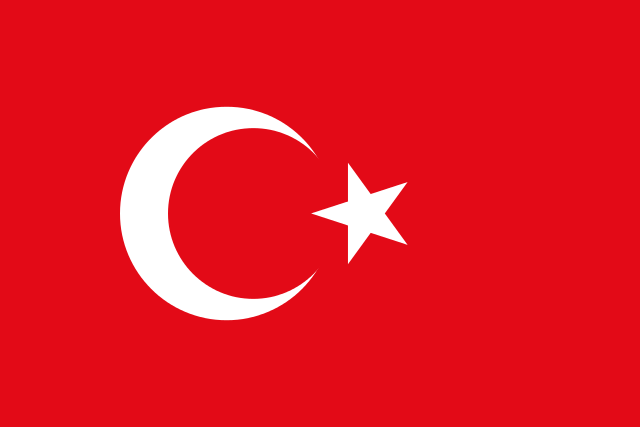Editor’s note, February 22nd, 2015 at 3:25 PM US ET: In a surprise move, Turkey staged a dramatic military operation overnight with 600 troops and 100 tanks/vehicles to evacuate and demolish the tomb site and re-locate the crypt itself to a new site closer to the Turkish border but still apparently inside Syria.
Original Post:
In late September, early in the siege of Kobani, I discussed what might provoke Turkey to participate in the war against ISIS in Syria. One scenario I mentioned — because the Turks have tried to hype it up a lot — was a potential attack on the Tomb of Suleyman Shah, an unusual Turkish territory inside Syria.
[…] if ISIS forces directly attack Turkish troops — a scenario raised again this week by Deputy Prime Minister Bulent Arinc in relation to the Turkish Special Forces stationed at the Tomb of Suleiman Shah in an enclave near Aleppo. The tomb, guarded by Turkey’s military since 1938 under the terms of a 1921 treaty with France, has been repeatedly and publicly identified by ISIS as a target all year. ISIS may have hesitated to attack the Turkish enclave, given that a direct assault might trigger an automatic invasion of Syria by all of NATO, under Article V. Turkey beefed up security at the tomb significantly earlier in the year (rather than withdrawing), but the troops there are reportedly tenuously supplied due to deteriorating local conditions as the Aleppo region becomes the center of fighting between Turkish-backed Syrian Arab rebels, the Syrian government, and ISIS.
You can also hear an audio discussion of the situation from the October 8th, 2014 episode of our radio show.
Turkey’s role in Syria:
Part 3 – Turkey/Syria – AFD 102
Recent Syrian Army efforts to encircle Aleppo completely may also strain the Turkish supply capabilities at the tomb further, but this remains a manufactured problem. Turkey has continued to escalate the tomb situation, either for reasons of national pride or for creating a casus belli (cause for war) that might lead to the de facto partition of Syria with northern Syria under semi-official control of Turkey.
Turkey contested control of that territory, partially successfully, with the French between the world wars, and the tomb was a consolation prize for not getting more. Hardline Turkish irredentists likely still believe that northern Syria rightfully belongs with Turkey.
However, a new Al Jazeera America op-ed argues that it is extremely unlikely that NATO would agree with the Turkish government’s viewpoint on the significance of an attack on the tomb:
[…] Erdogan should not get his hopes up. Invoking Article 5 of the North Atlantic Treaty is not automatic. Any country which feels it has been the victim of an attack and wants NATO’s assistance must first secure a unanimous vote from all 28 members of the alliance.
Ultimately, invoking Article 5 of the North Atlantic Treaty is a political decision taken by the elected leaders of each member state.
Turkey is viewed by many in NATO as more of a hindrance than a partner under Erdogan’s leadership. Many in NATO are puzzled as to why Turkey has not played a bigger role in taking on ISIL.
They have also been put off by Erdogan’s crackdown on political dissent, limitations on press freedom, and his drive to bring a more conservative brand of Islam into what is still a largely secular society.
Consequently, in the current political climate it would be inconceivable to believe that all 28 NATO members would vote to invoke Article 5 to defend what many outside Turkey might consider to be a post-imperial anomaly.

Podcast: Play in new window | Download
Subscribe: RSS


